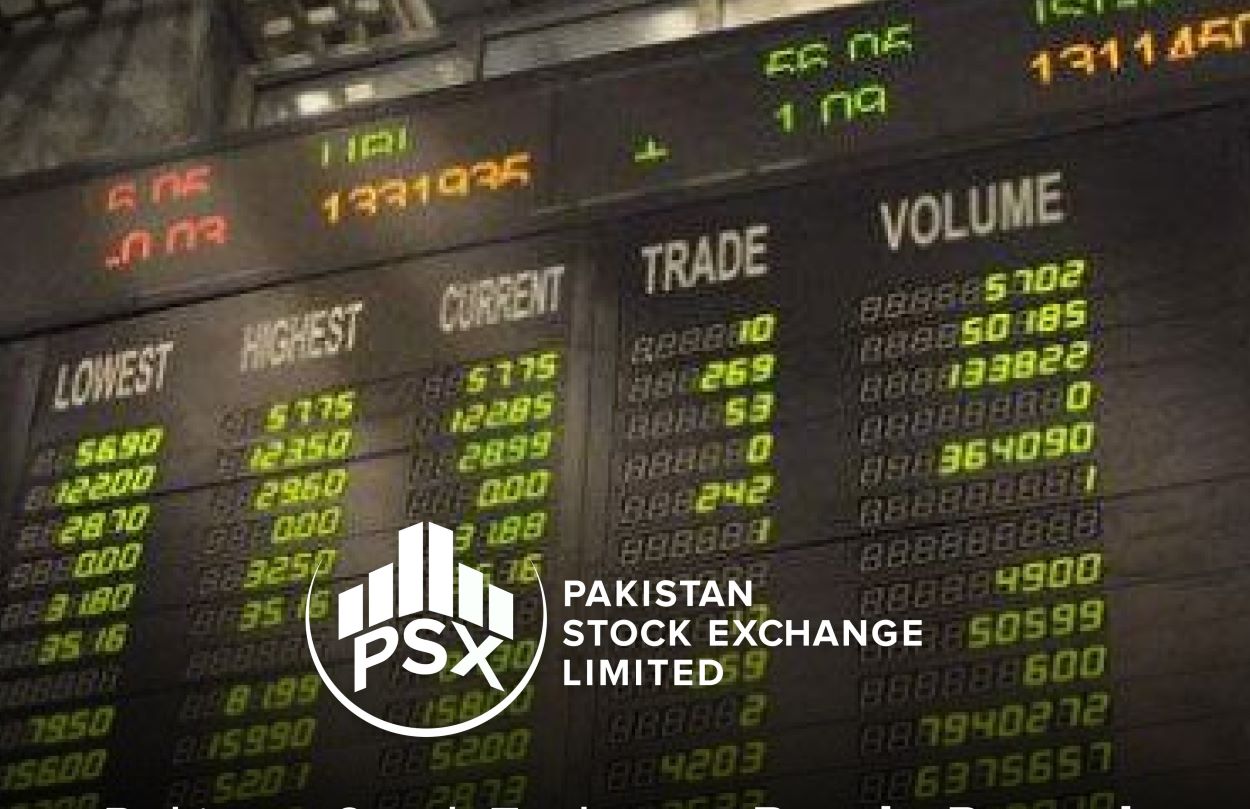The Pakistan Stock Exchange (PSX) reached a historic milestone on September 30, 2025. The KSE-100 index closed at an all-time high of 163,847.68 points. This was up 1,590.68 points or 0.98% from the previous close of 162,257.00.
The index touched an intraday peak of 163,903.62 points, gaining 1,646.62 points or 1.01%, and a low of 162,058.64 points, reflecting a -0.12% dip.
Analysts attribute the surge to strong inflows of liquidity. Additionally, the milder-than-expected impact on inflation from the flood. There were also conversions from fixed income to equity investments.
The Rs1.225 trillion circular debt agreement with 18 banks is the largest in Pakistan’s history. It resolved a Rs1.6 trillion burden, down from Rs2.3 trillion last year. This deal, along with a 10% reduction in power tariffs, enhances sector stability. Pakistan’s push for Panda bonds and commercial loans strengthens external financing prospects.
Foreign exchange reserves rose $22 million to $14.4 billion as of September 19, 2025, per the State Bank of Pakistan. The rupee appreciated 0.03% to Rs281.37/USD. Oil imports fell 16.3% year-on-year in August, while petroleum products rose 3.8%. Oil production increased 2.7% to 64,313 barrels/day, and gas output grew 2.8% to 2,812 million cubic feet/day.
Read: PSX KSE-100 Index Hits Historic 162,000 Points
Banking, energy, and power sectors dominated. E&P and power added 1,084 and 888 points, respectively. Banks contributed 955 points. Top gainers included K-Electric (+23.8%), Bestway Cement (+17.6%), and Hub Power (+12.7%). Laggards, such as Tariq Glass Industries (-7.4%), had a minimal impact. Mutual funds and individuals net bought $35.6 million and $6.7 million. Meanwhile, banks and foreigners sold $15.8 million and $13.7 million.
Arif Habib Ltd highlighted the KSE-100’s forward P/E ratio at 8.52x for 2026. This is near its 15-year average, with a dividend yield of 6.2%. The rally, up 2.7% week-on-week, reflects optimism. However, IMF conditionalities, tax targets, and court recoveries pose risks. Furthermore, Japan’s Reko Diq investment and China tariff concessions offer upside.






